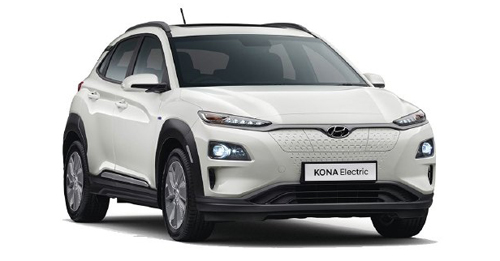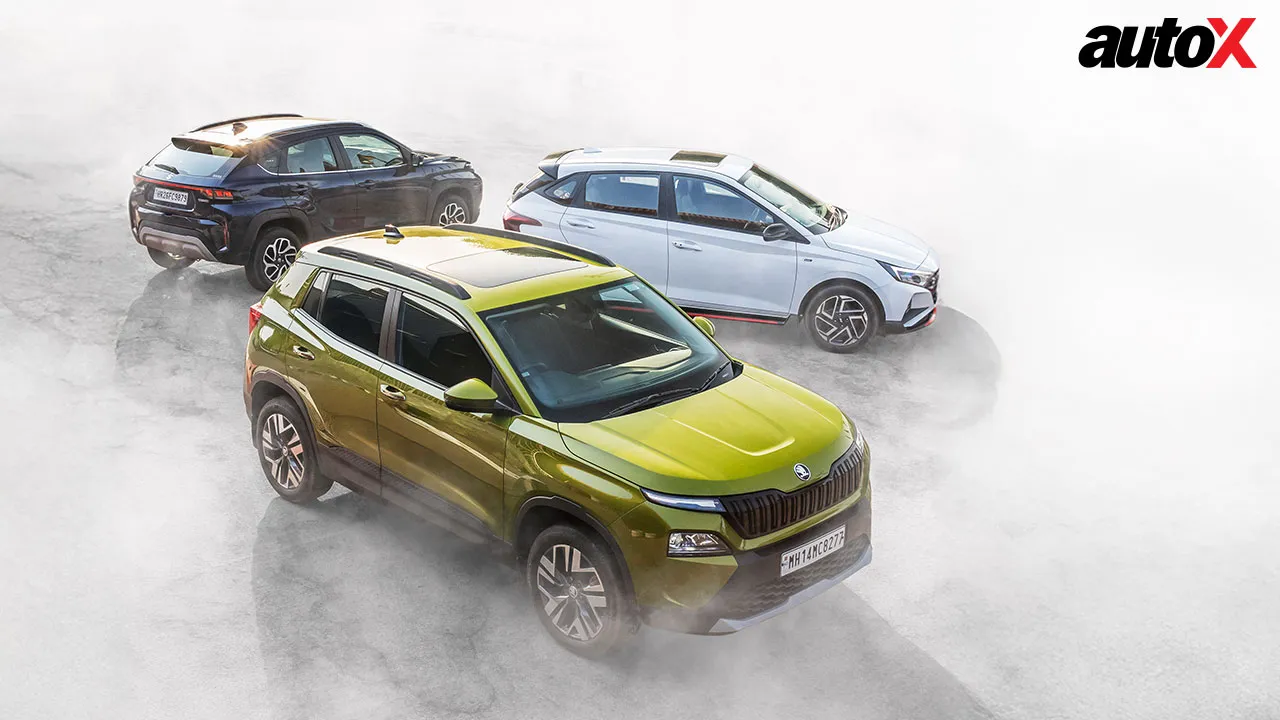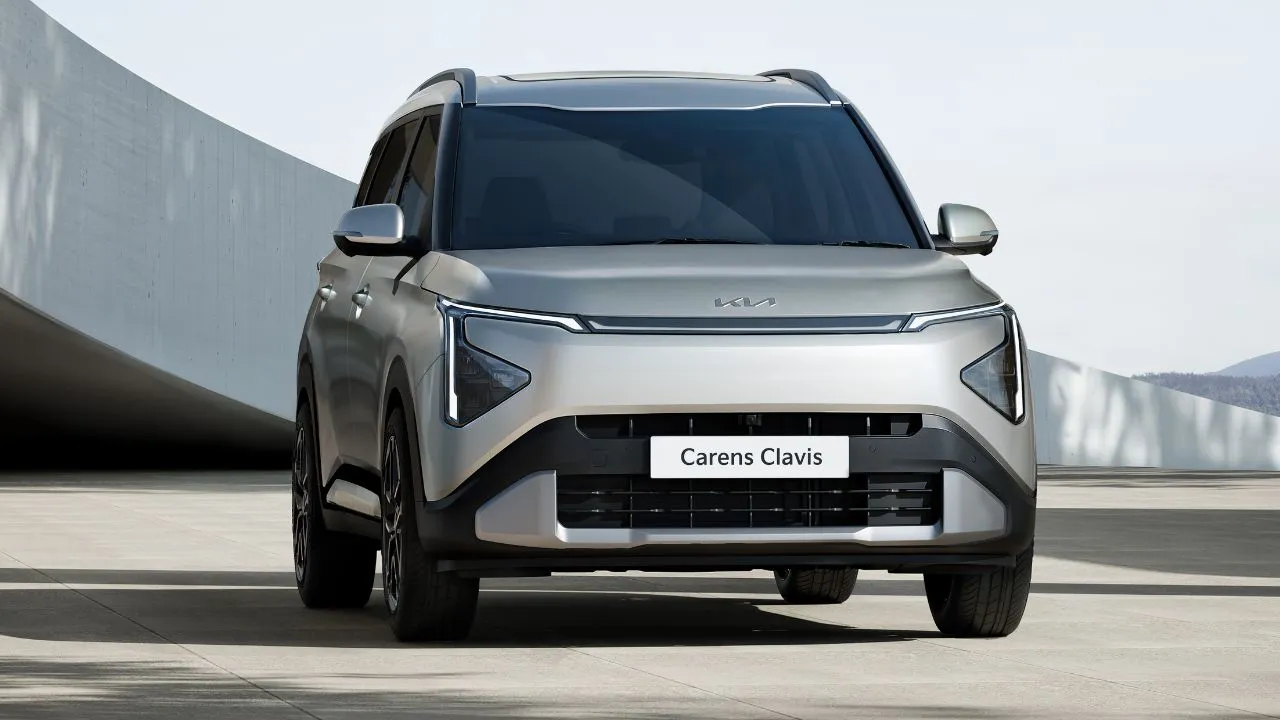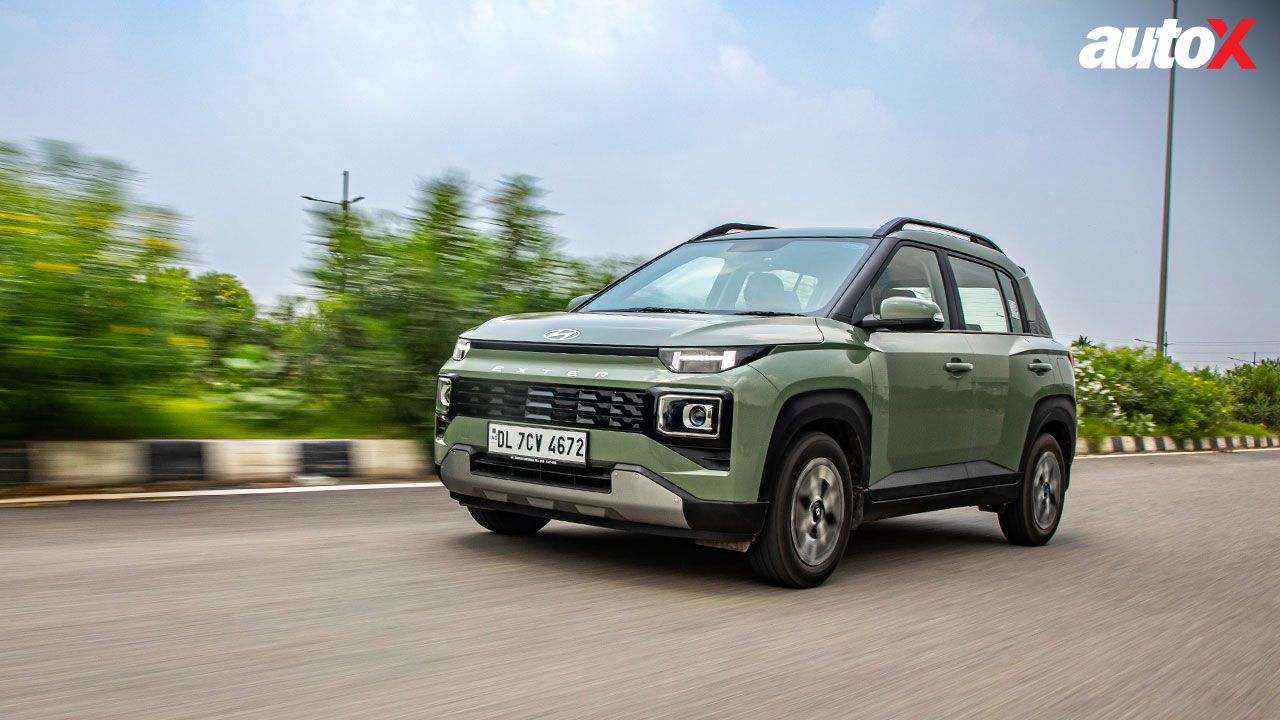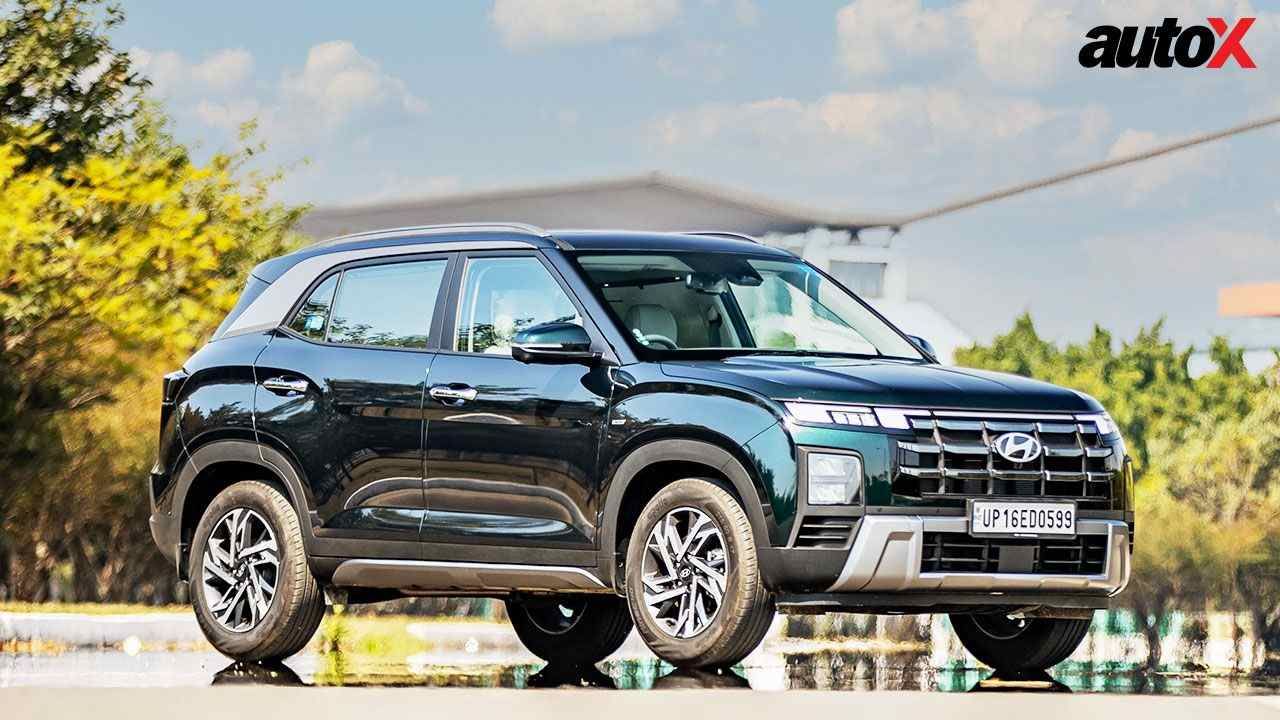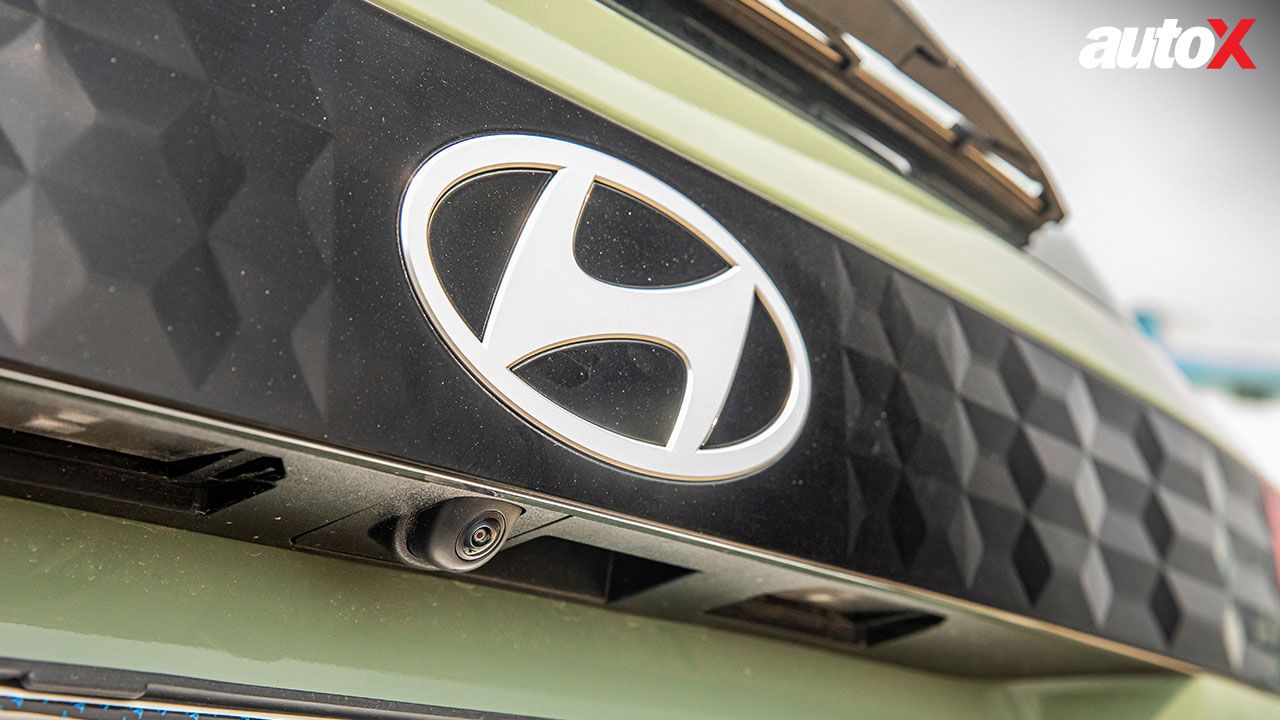New Hyundai Kona Electric SUV Revealed Globally with 490 Km Range
Hyundai Motor Company recently held a digital world premiere to reveal the 2023 Kona SUV, which includes an all-electric variant (EV) with advanced safety and convenience features and a WLTP range of 490 kilometre on a single charge.

The brand-new Kona EV has been globally unveiled by Hyundai at a recently held digital world premiere. The maximum range of the 2023 Kona EV on a single charge is 490 kilometres. The automaker unveiled the second-generation Kona SUV in December last year, but at that time, it had only displayed the exterior and interior styling of the upcoming car. However, the company has now officially disclosed the details of the Kona EV's drivetrain. For those unaware, unlike the previous-generation Kona EV, which is still on the market in India, the new electric SUV was not designed as an ICE vehicle and was then converted into an EV. Instead, the new Hyundai Kona line-up was designed to be an EV and was then adapted for hybrid use, both mild and strong. Let's now quickly delve into the emerging details of this upcoming EV from one of the leading manufacturers in the country.
Kona Electric SUV: What's New?
What does the new Kona EV bring to the table and how is it different? Well, there will now be two powertrain choices for the Kona electric: standard range and long range. The former has a 48.4kWh battery and an electric motor, which can generate 153bhp of maximum power and 250Nm of peak torque. The latter receives a larger 65.4kWh battery, which powers an electric motor with peak power and torque of 215bhp and 255Nm, respectively. For comparison, a 39.2kWh battery pack is used by the previous generation Kona, currently sold in India.
It's interesting to note that Hyundai has not yet revealed a claimed driving range for the Kona electric's standard range; however, the long-range version is claimed to have a range of 490 kilometres on the WLTP cycle. With its regenerative braking system, the new Kona electric can also be driven without using the brakes. The Ioniq 5 supports an 800V setup, whereas the new Kona EV is based on a 400V electrical architecture setup. The 2023 Kona EV, however, can be charged up its larger battery pack from 10% to 80% in just 41 minutes when connected to a fast DC charger despite a lower voltage setup. Additionally, the Kona EV supports Vehicle 2 Load, allowing you to use it as a massive power bank.
Also Read: Hyundai Kona Electric : First Drive Impressions
Kona Electric SUV: Exterior and Interior
The new Kona lineup's design was unveiled recently. Both the front and rear have full-width lightbar-style elements, but the headlights and taillights are actually housed in separate pods, located low on their respective bumpers. The hybrid and ICE models get functional air intakes, grilles, and skidplates at the front and rear, whereas the EV gets exterior pixel graphic details. Its split LED headlamps and sharp character lines put it in line with more recent Hyundai electric SUVs like the Ioniq 5, but its pixel graphics and overall profile also make it look like the vehicle it replaces. The design will differ based on the powertrain option.
The carmaker's upcoming 2023 Kona EV is also significantly larger than its predecessor. It is 4,355mm long, 1,825mm wide, and 1,575mm tall and features a 2,660mm wheelbase. The new Hyundai Kona EV is 60mm longer, 25mm wider, and 20mm taller than the outgoing model. The electric SUV's overall boot space has also increased by 132 litres, to 466 litres.
Coming to the interior of the car, the Kona features a dual-display setup similar to that seen on the Ioniq EV lineup. The 2023 Kona EV has twin 12.3-inch screens for instrumentation and infotainment, the latter of which is a touchscreen with Android Auto and Apple CarPlay support. The extra 60mm of the wheelbase of the new car translates into more interior space – in fact, it has increased headroom, legroom, and knee room over those of the previous Kona. The cabin is built with environmentally friendly materials.
Kona Electric SUV: Features
Feature-wise, the new Kona EV includes connected car technology, over-the-air updates, an 8-speaker Bose sound system, a digital key for access via smartphones and smartwatches, a powered tailgate, ambient lighting, a heads-up display, and remote parking, among other features. The Level 2 ADAS functions in the EV comprise intelligent speed limit assist, lane-keeping assist, high beam assist, blind-spot collision avoidance assist, driver attention warning, and forward collision-avoidance assist.
Also Read: Verna, Creta and More Fuel Hyundai India's Sales Growth To 9% in February 2023
Hyundai has designed the new Kona EV from the ground up to be an electric vehicle, which can be used in other configurations as well. When it, hopefully, eventually makes its way to India, with a range of up to 490 kilometres, this EV could turn out to be a game changer.

